In a major step forward for cancer research, scientists have uncovered a surprising vulnerability in soft tissue sarcomas – a rare and aggressive group of cancers that affect the soft tissues of the body, such as muscle, fat and blood vessels.
The research team found that when these sarcomas acquire resistance to a commonly used class of drugs, they appear to become sensitive to another class of drugs to which they were previously resistant. This phenomenon, known as collateral sensitivity, could pave the way for smarter, more adaptive treatment strategies that anticipate and exploit the cancer’s next move.
These findings will help inform sarcoma researchers around the world about potential resistance mechanisms that they can build upon in their research projects. The authors hope that, in the future, it will be possible to considerably improve patient outcomes by developing long-term treatment strategies that can provide therapeutic avenues to people with drug-resistant sarcomas.
The findings of the study, which was led by researchers at The Institute of Cancer Research, London, have been published in the journal Communications Biology. The Institute of Cancer Research (ICR), which is both a research institute and a charity, helped fund the research, together with Sarcoma UK and the National Institute for Health Research Biomedical Research Centre at the ICR and The Royal Marsden NHS Foundation Trust.
Drug resistance remains a significant barrier to effective treatment
Soft tissue sarcomas are notoriously difficult to treat. Although multi-target tyrosine kinase inhibitors (mTKIs) – a class of drugs that block cancer-promoting proteins – have shown promise, their effectiveness is often short-lived. Most patients will find that their cancer develops resistance to mTKI treatment, and they are often left with limited therapy options afterwards.
In certain types of soft tissue sarcoma and other types of cancer, clinicians have had success in treating patients with different single-target kinase inhibitors (sTKIs) one after the other. The idea behind this is that as the disease becomes resistant to one sTKI, the treatment is switched to an alternative sTKI that can target the cause of the resistance and help delay or stop the cancer from progressing. This process can then be repeated with more drugs as new resistance mechanisms arise. Sequential treatments with up to four of these drugs have helped improve patient outcomes in some cancers.
Based on this, the team behind the current study decided to see whether sequential treatment with different mTKIs could overcome or delay the development of treatment resistance in soft tissue sarcomas. They selected four mTKIs – pazopanib, regorafenib, sitravatinib and anlotinib – that share some but not all kinase targets.
Using laboratory models of soft tissue sarcoma, the researchers found that when the cancer became resistant to one of these drugs, the cells developed cross-resistance to the other ones too. In other words, switching from one mTKI to another would be unlikely to improve patient outcomes.
Looking beyond the conventional options
However, the researchers realised that this resistance may come at a cost to the cancer itself. Unexpectedly, the resistant cells became newly vulnerable to drugs that target different pathways. For instance, cells that had developed resistance to sitravatinib developed sensitivity to infigratinib, which is a type of fibroblast growth factor receptor (FGFR) inhibitor.
To explore this idea further, the researchers conducted a series of experiments to map out the genetic and molecular changes that were occurring. They found that resistant cells often undergo significant ‘rewiring’ of their signalling networks, altering the way they respond to external stimuli. These changes can create new dependencies – pathways that the cancer now relies on for survival – which it may be possible to target with precision therapies.
The key to exploiting collateral sensitivity is to apply the concept of evolutionary steering. Rather than reacting to resistance after it occurs, scientists can aim to guide the cancer’s evolution in real time. By predicting which vulnerabilities will emerge and carefully sequencing appropriate treatments, they can, in theory, push cancer cells into states where they are more susceptible to other drugs. It is a strategy inspired by evolutionary game theory, where anticipating the next move of your opponent – in this case, cancer – can result in a win.
To facilitate this, the research team hopes to develop diagnostic tools that can identify collateral sensitivities in individual patients. This would allow clinicians to create personalised treatment plans that adapt over time, using the cancer’s evolutionary trajectory as a guide.
If, in the future, this treatment approach can be validated in human trials, it will have significant implications for clinical practice in soft tissue sarcomas and beyond.
“This is just the beginning”
Joint first author Dr Andrew Jenks, Senior Scientific Officer in the Division of Cancer Biology at the ICR, said:
“This is the first study to show that collateral sensitivity can be exploited in soft tissue sarcoma following the development of acquired resistance to mTKIs. The findings surprised us, as collateral sensitivity has not previously been observed in this setting.
“Understanding the underlying mechanisms will allow for the creation of new treatment strategies designed to overcome drug resistance and provide more durable, longer-term therapeutic strategies for people living with soft tissue sarcoma.”
Joint first author Dr Mark Elms, Scientific Officer at the ICR at the time of the study, said:
“Our study reveals a promising therapeutic avenue in the fight against soft tissue sarcoma, a disease that has historically been very difficult to treat. By turning the cancer’s own resistance evolution against itself, we may be able to exploit collateral sensitivities and steer the cancer towards drug-sensitive states, thereby outsmarting the cancer by always staying one step ahead.”
The team’s follow-up work will involve testing whether the same or similar drug resistance mechanisms are seen in tumour samples from soft tissue sarcoma patients. If this is the case, the researchers will aim to transfer their experiments to animal models. These are the first steps in translating the study findings into clinical settings.
The researchers also plan to investigate whether similar patterns of resistance and sensitivity occur in other types of cancer.
Senior author Professor Paul Huang, Group Leader of the Molecular and Systems Oncology Group at the ICR, said:
“This study shows that although drug resistance closes some doors, it can open new ones. By understanding how treatment resistance evolves, we can begin to steer it in directions that make the cancer easier to treat.
“Excitingly, this is just the beginning. We believe the principle of collateral sensitivity may apply much more broadly. If we can learn to predict and manipulate resistance, we could fundamentally change the way we treat multiple types of cancer.”
Image credit: PIRO from Pixabay
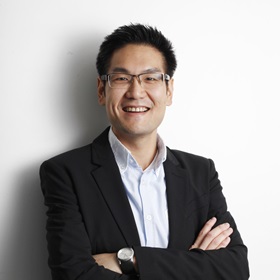
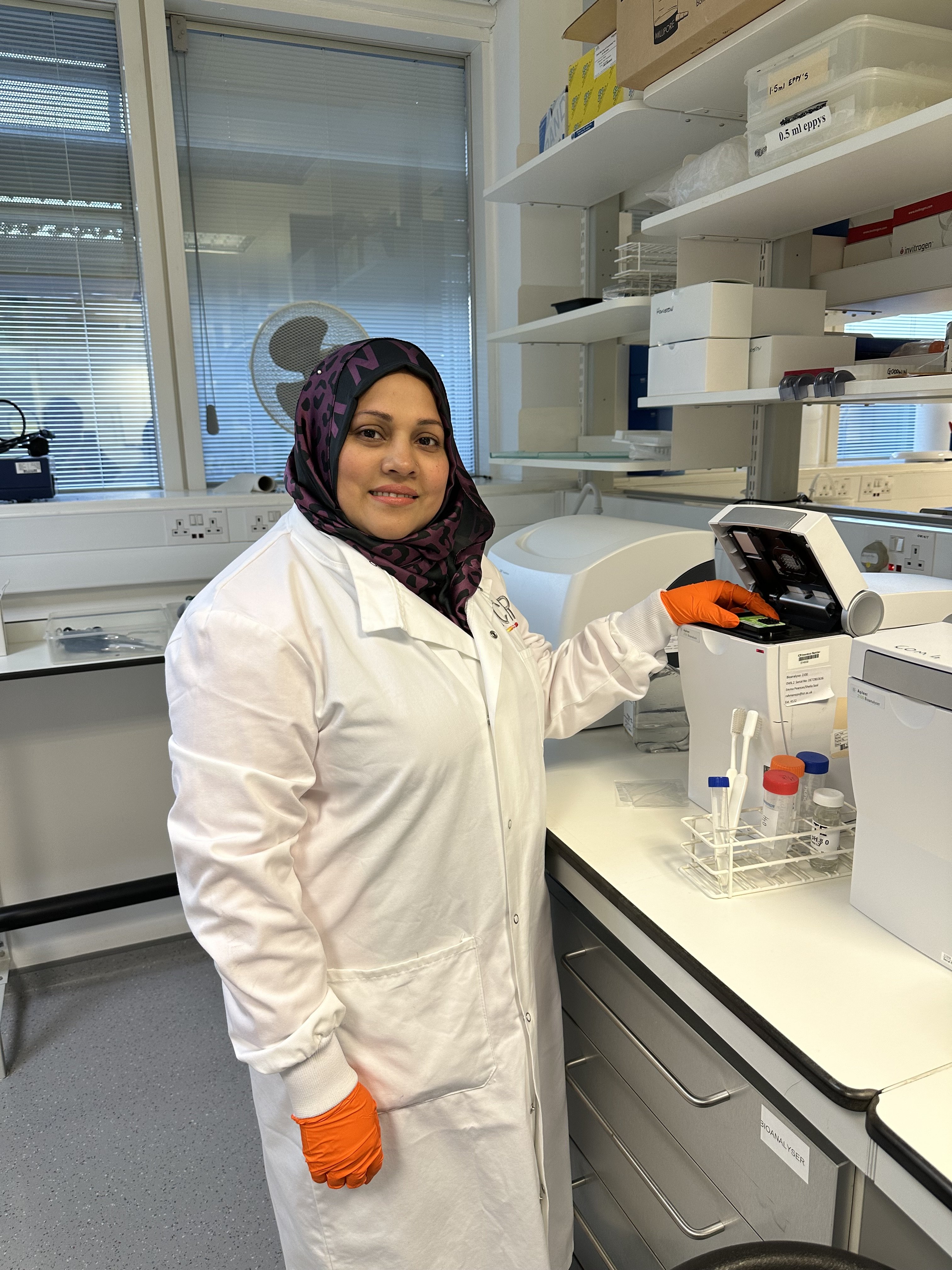 .
.
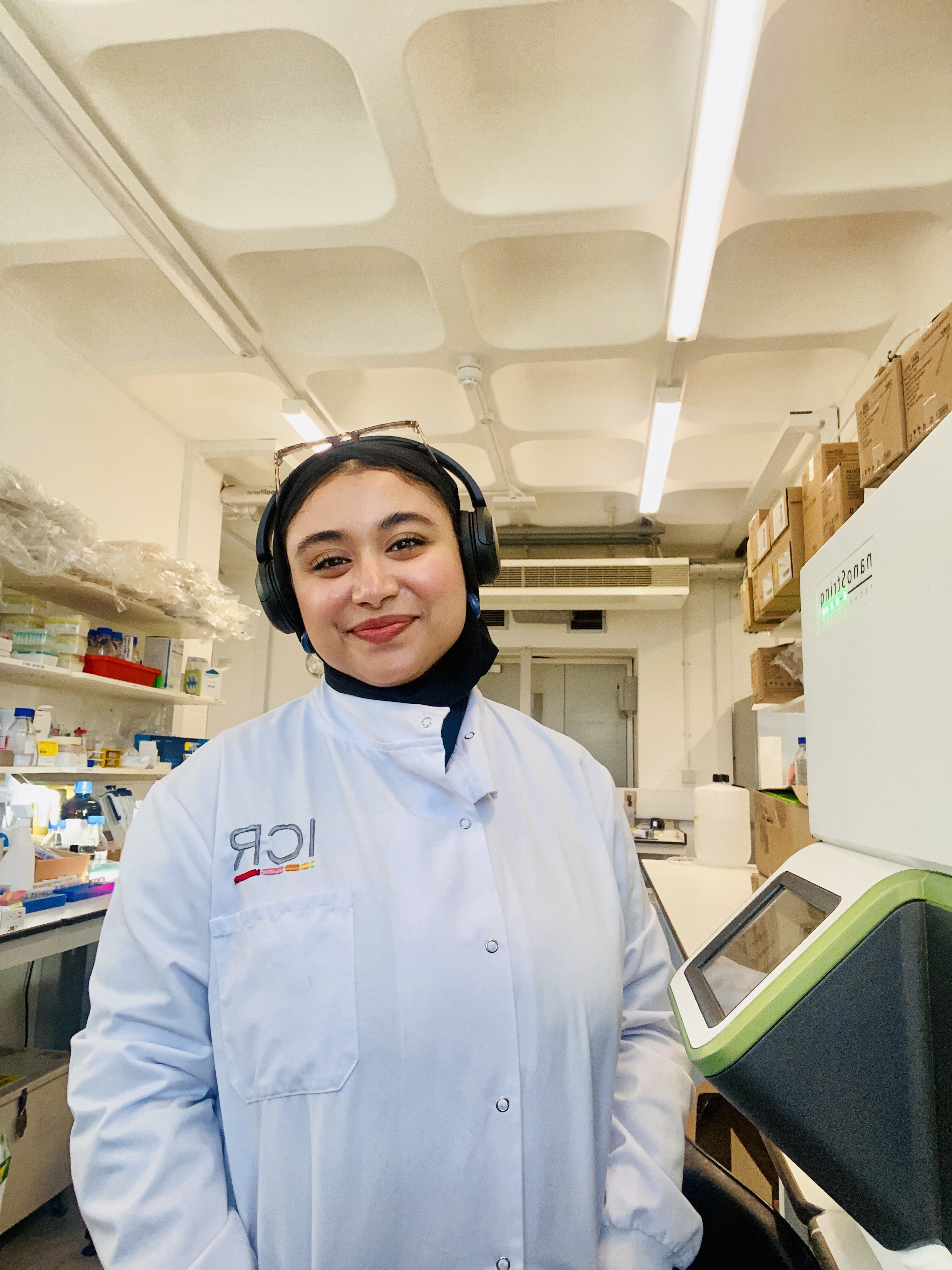 .
.
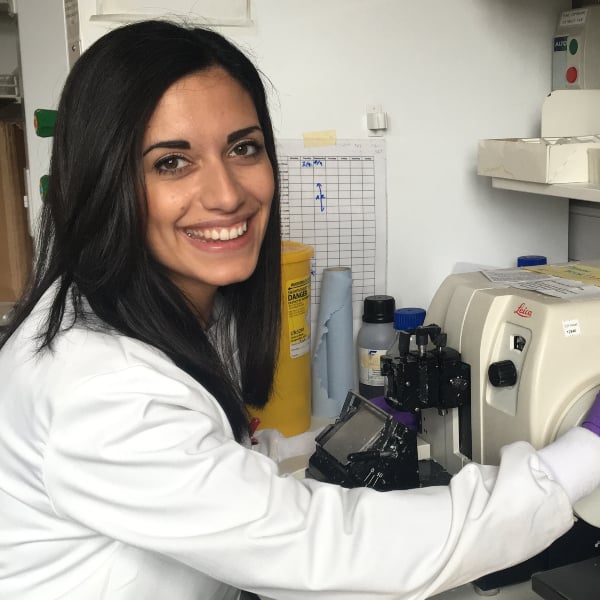 .
.
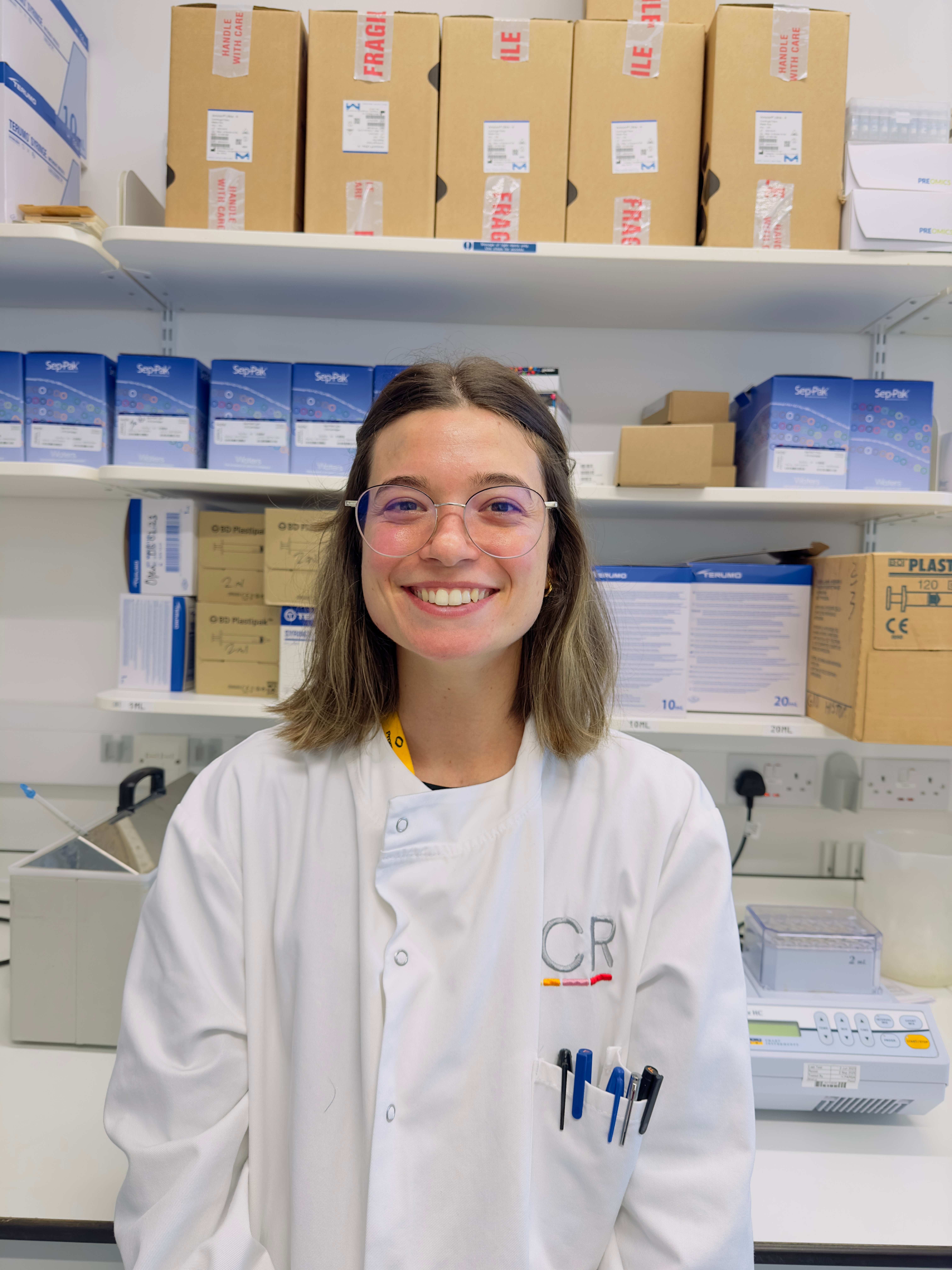 .
.
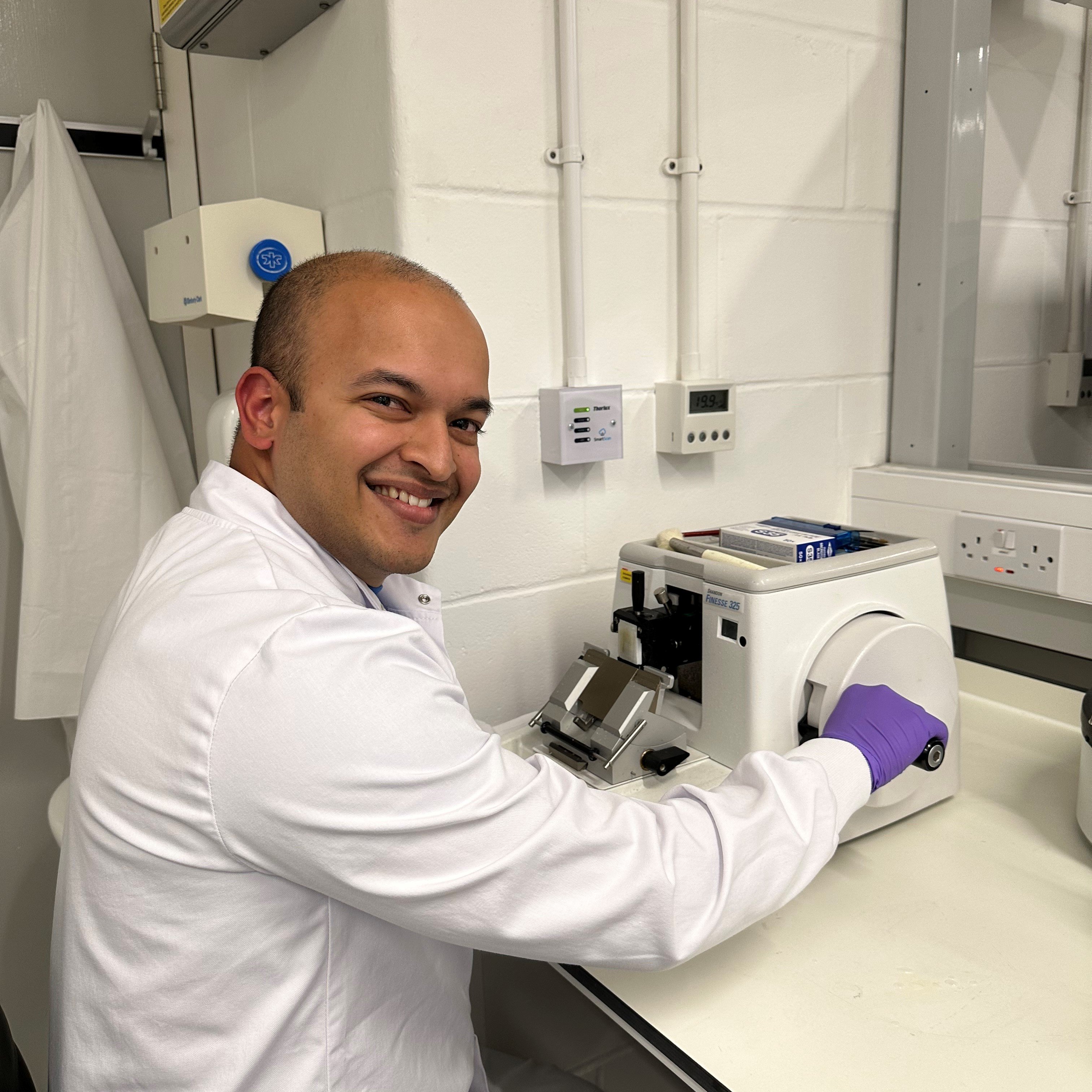 .
.
 .
.
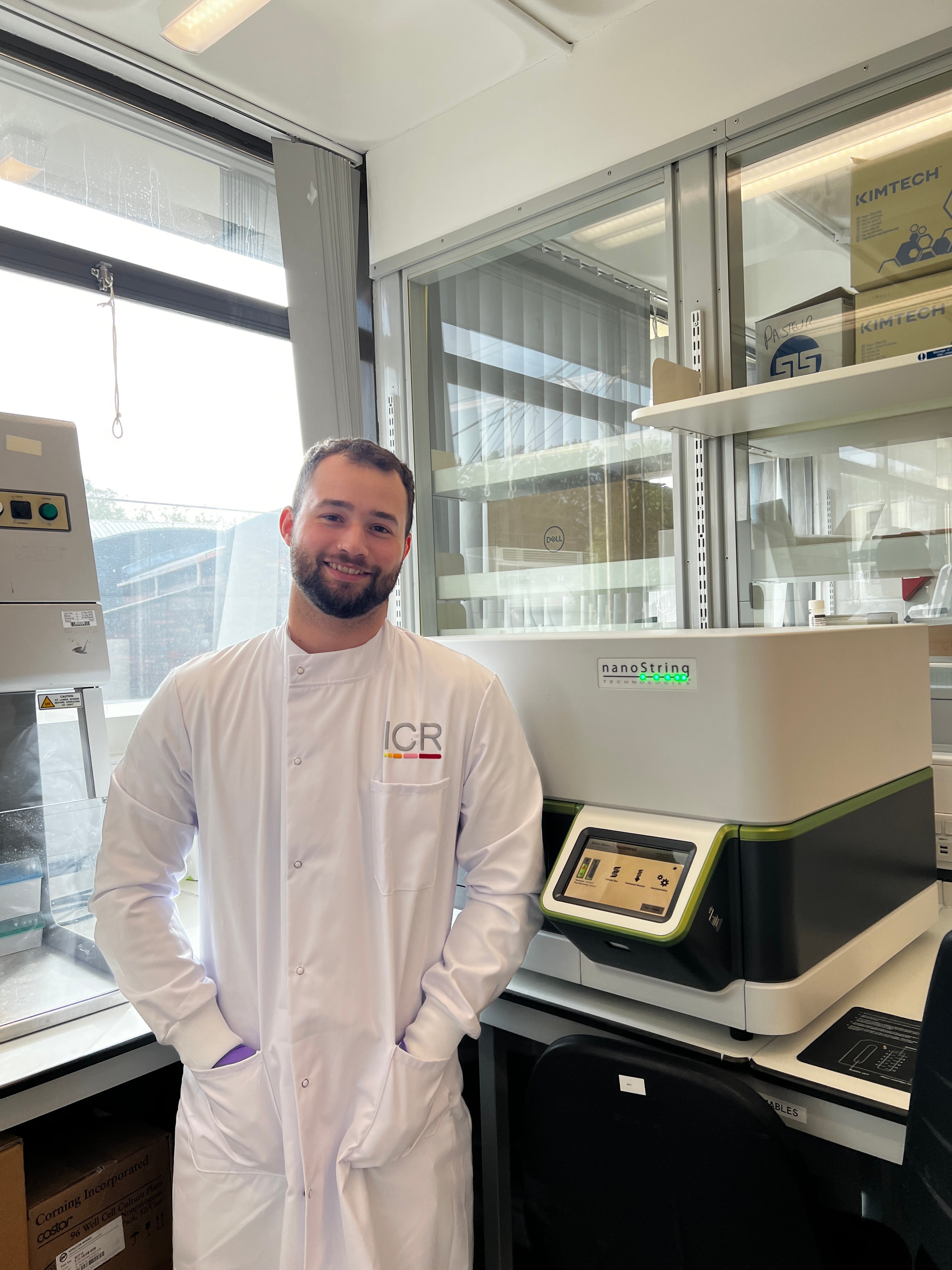 .
.
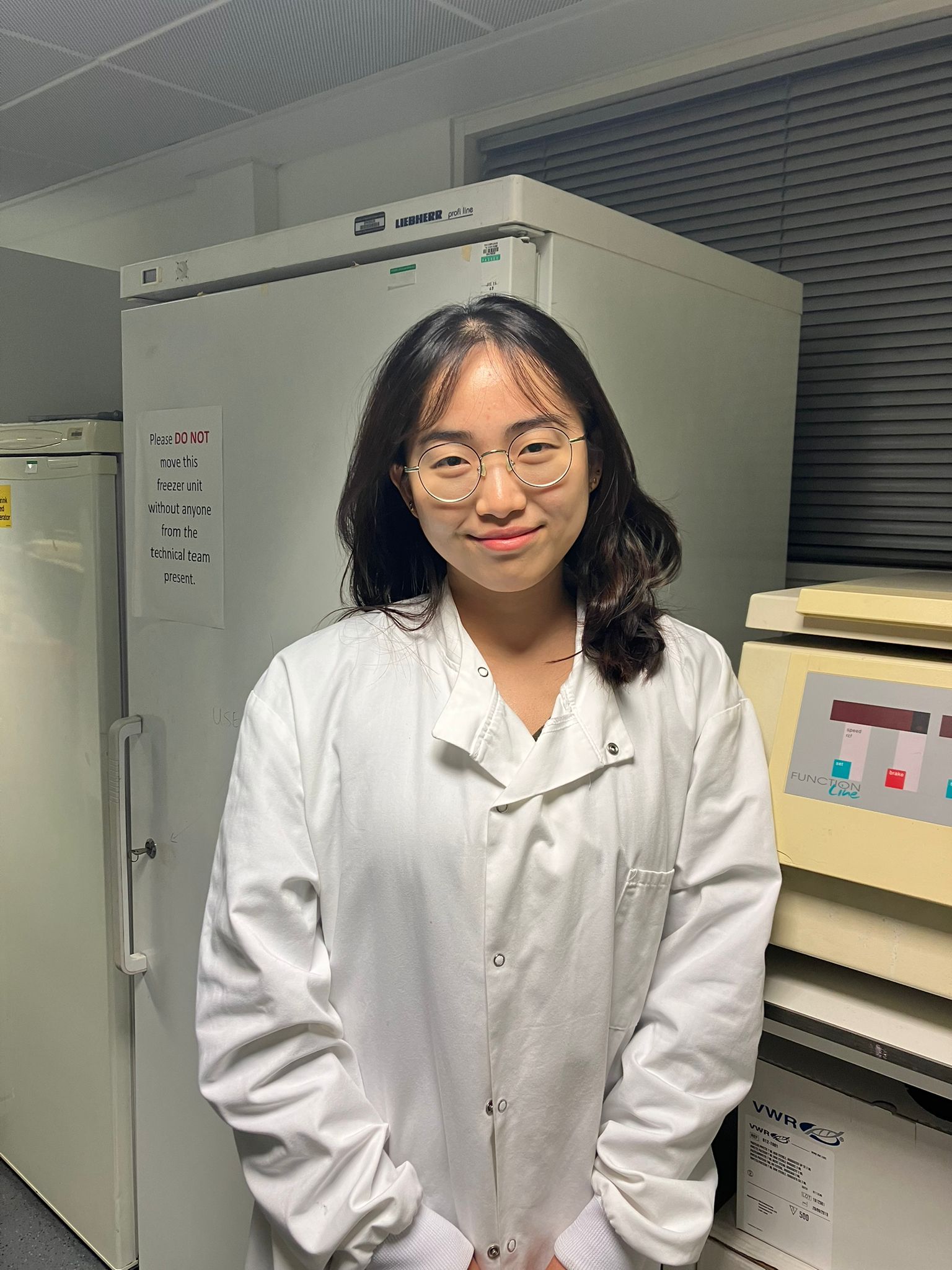 .
.
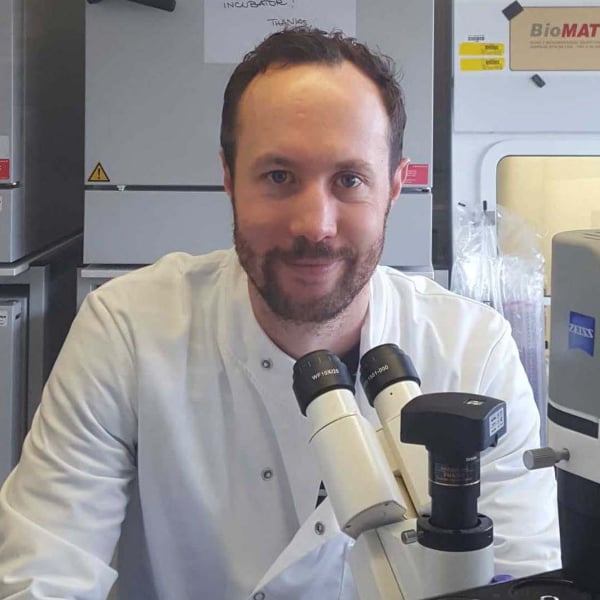 .
.
.jpg?sfvrsn=faf78b2_4) .
.
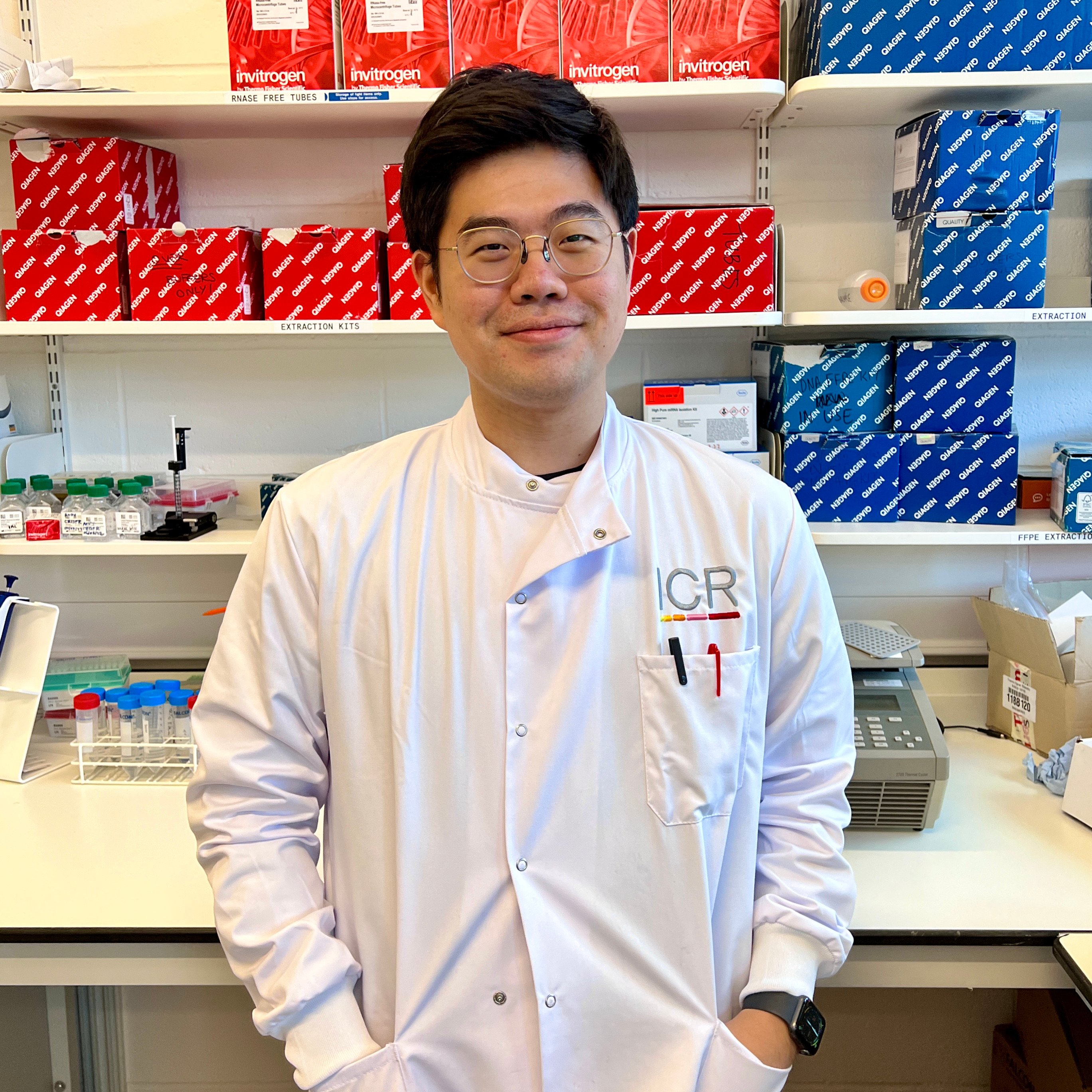 .
.
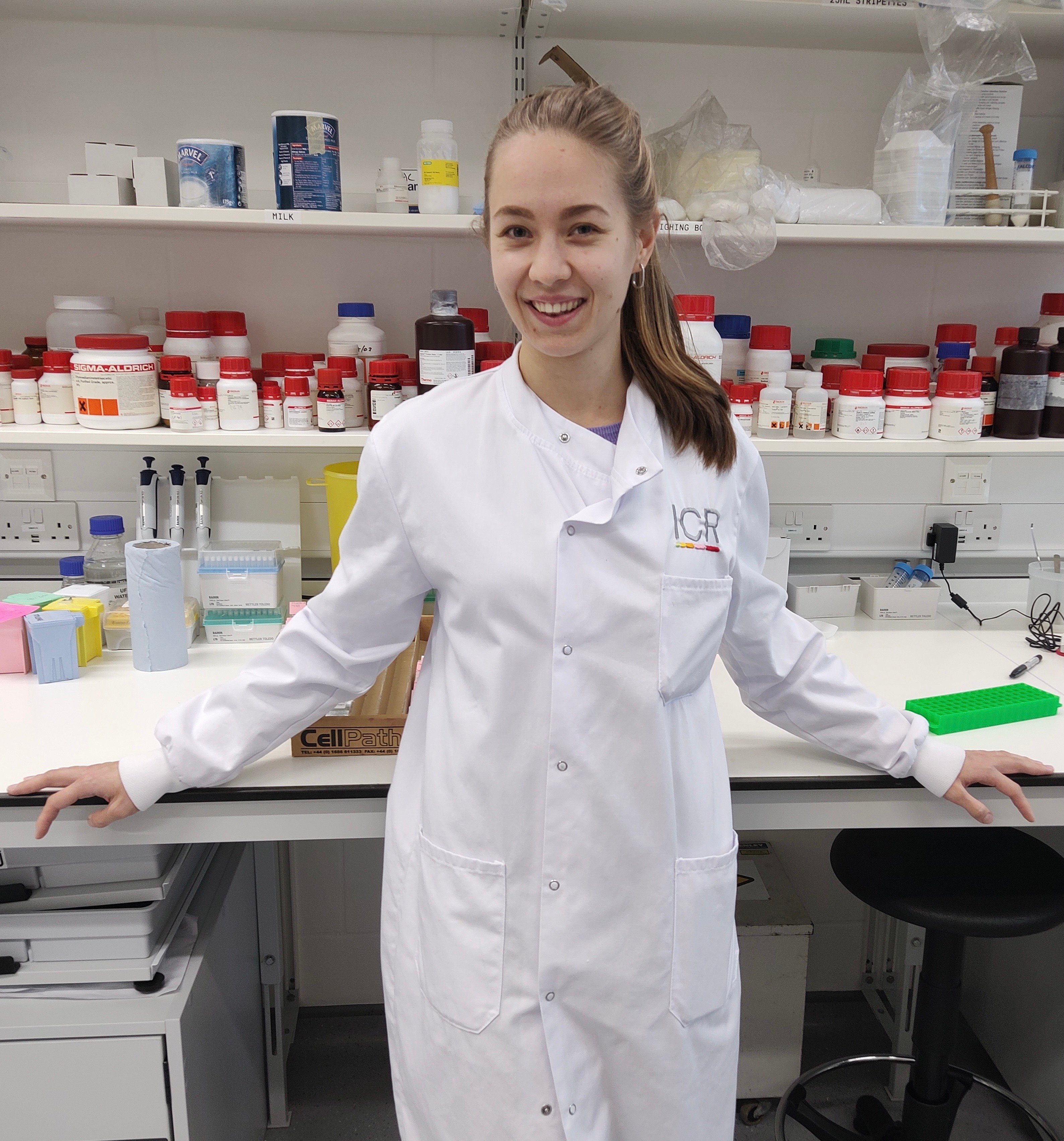 .
.
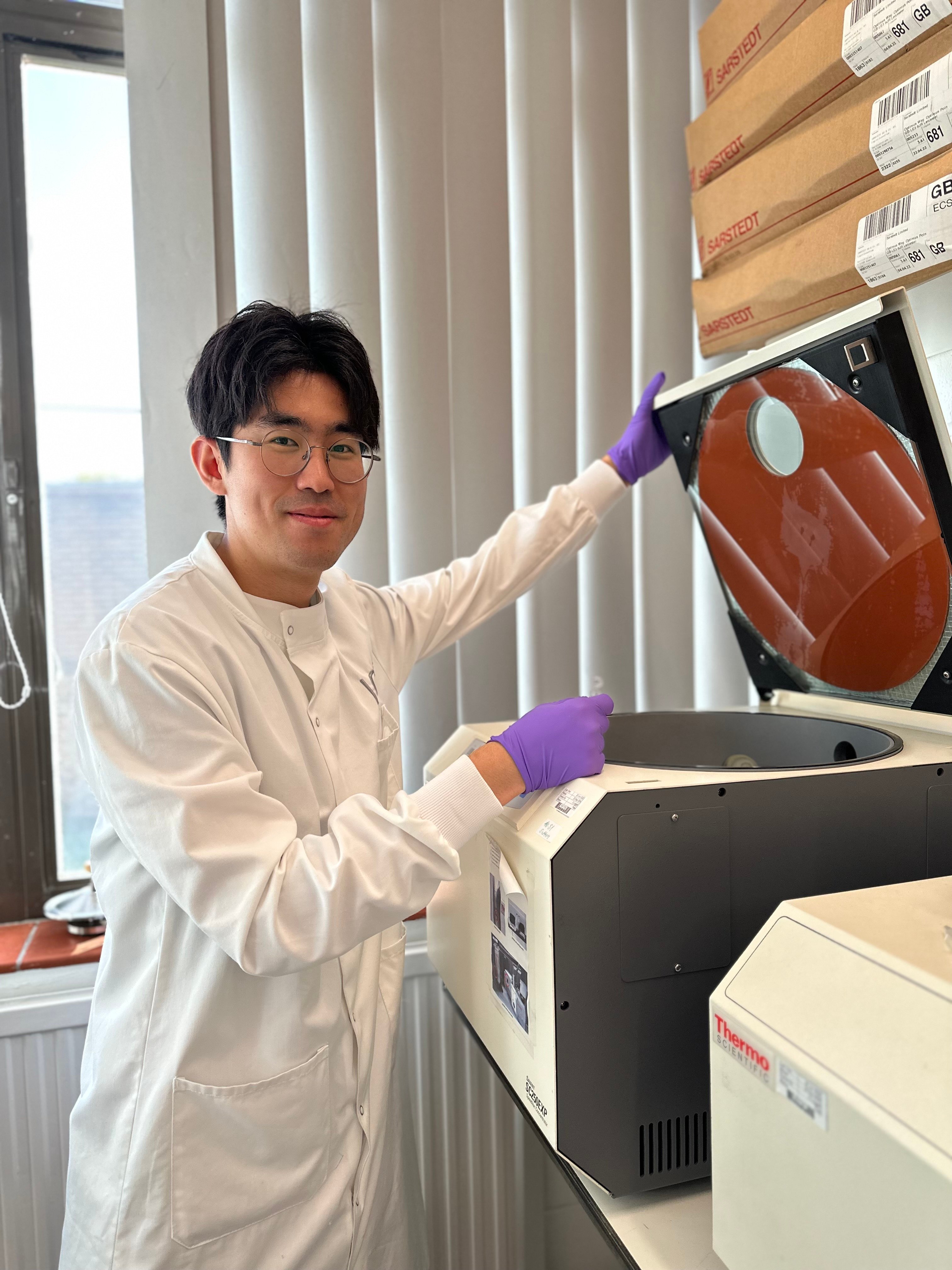 .
.